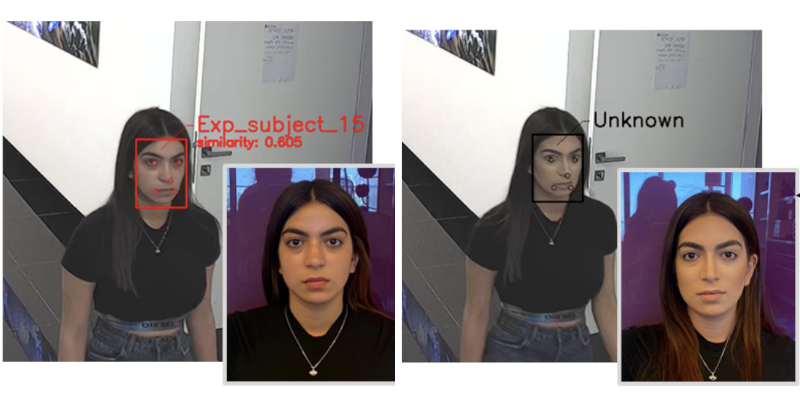Two watchdog groups sued the New York Police Department over the agency’s refusal to disclose public records about its acquisition of facial recognition technology and other surveillance tools. The lawsuit, filed by Amnesty International and Surveillance Technology Oversight Project, could force the NYPD to hand over records that will shed light on the depth of its surveillance capabilities. “It’s so outrageous that when New Yorkers came out to protest police abuse they were just met with more of the same,” said Albert Fox Cahn, executive director of S.T.O.P. “We have no idea how often they were using this technology to track New Yorkers who were exercising their First Amendment rights.” Amnesty International last September filed a request seeking public records about the procurement, functionality and general use of facial recognition technology, drones and other surveillance technologies by the NYPD before and during Black Lives Matters protests. The NYPD denied the […]
The post Amnesty sues NYPD, seeking details about facial recognition technology and arrest data appeared first on CyberScoop.
Continue reading Amnesty sues NYPD, seeking details about facial recognition technology and arrest data→
